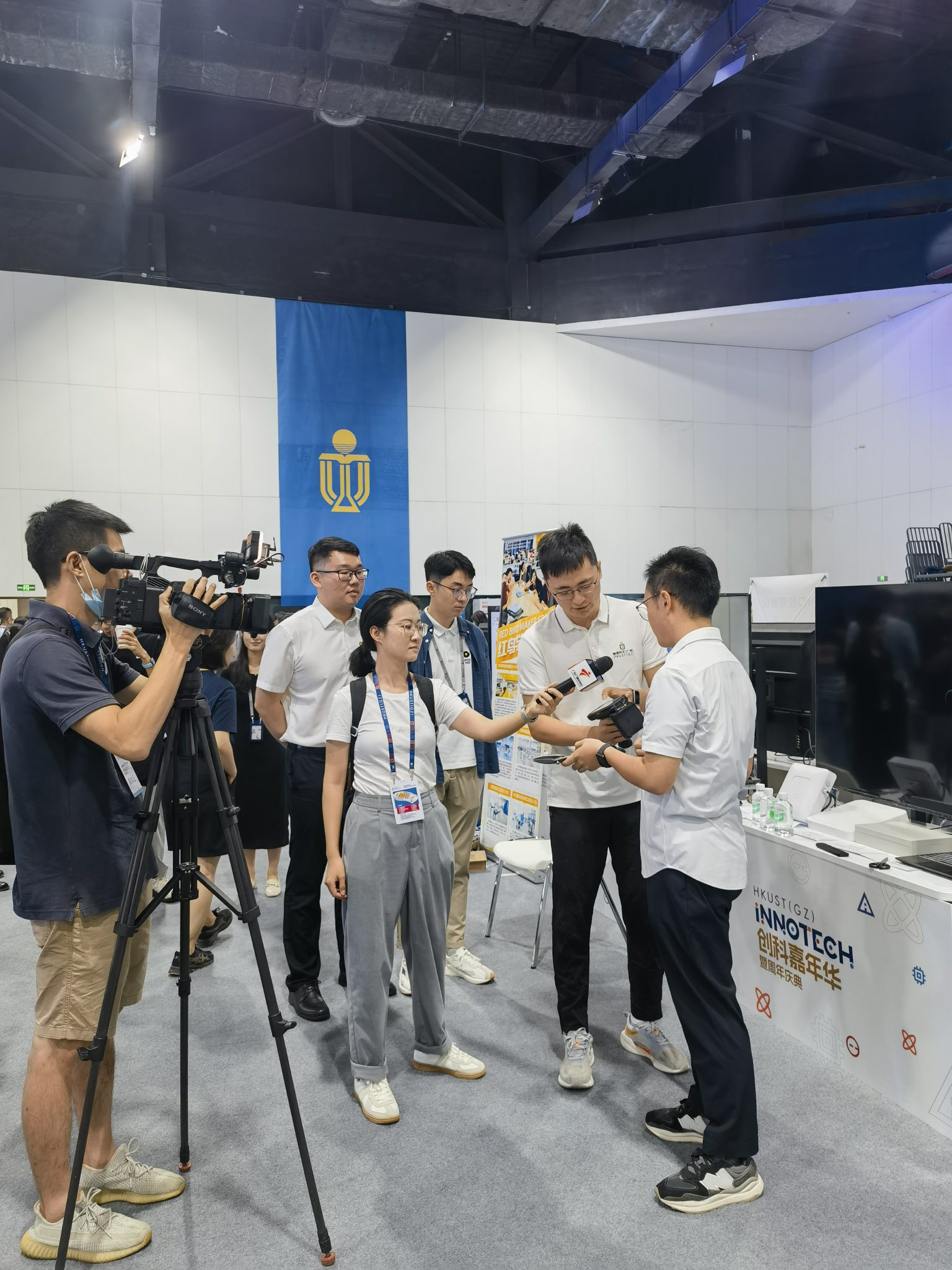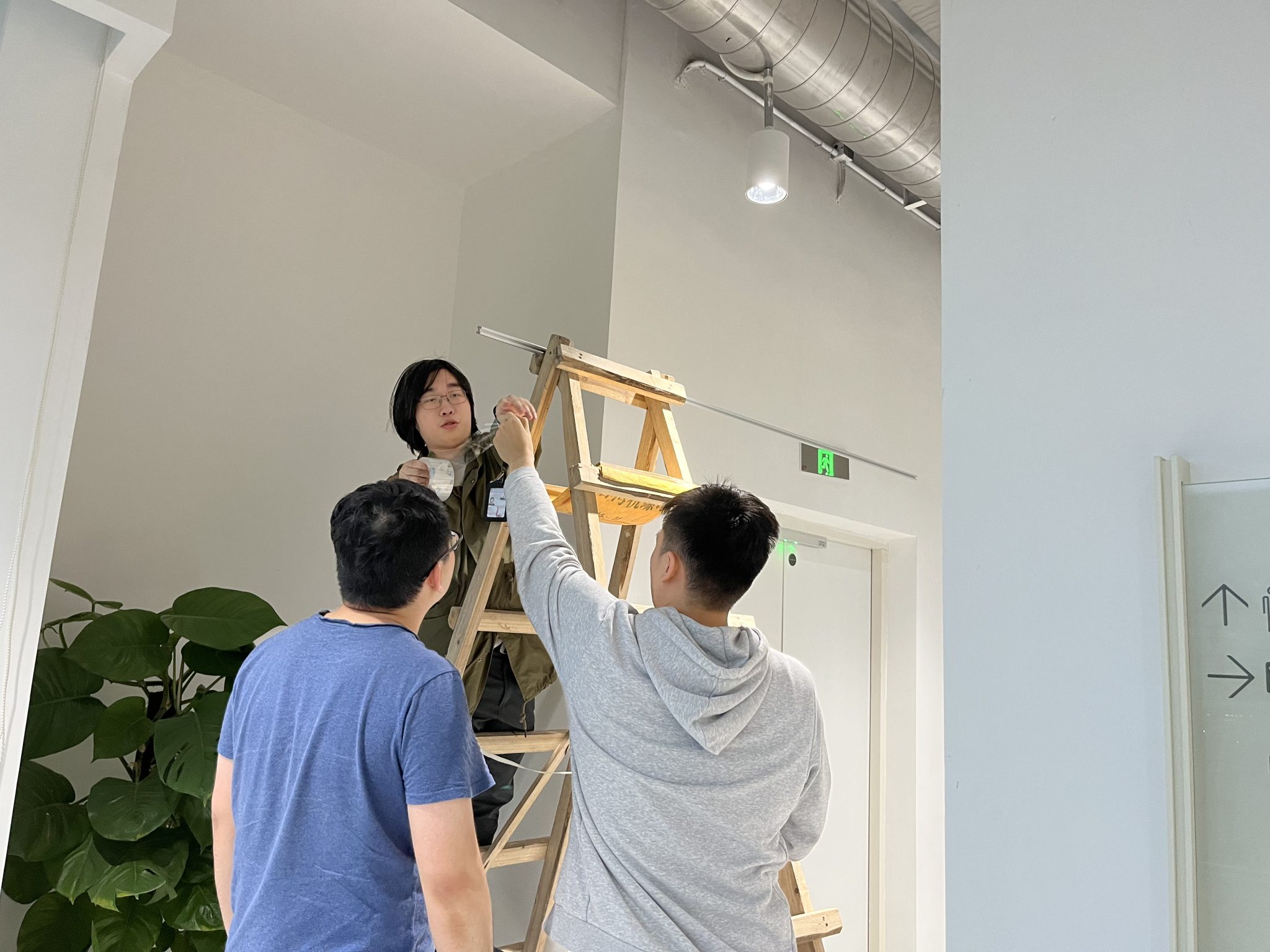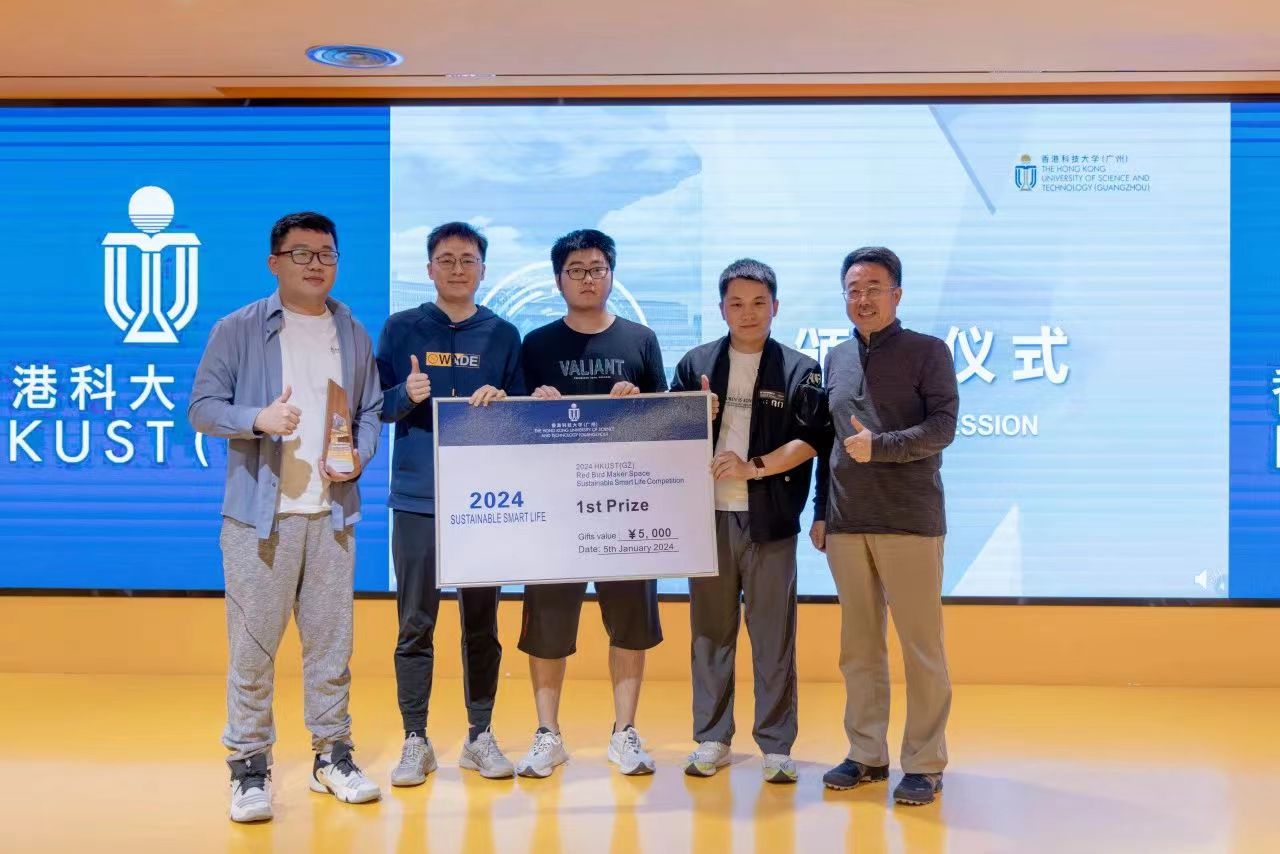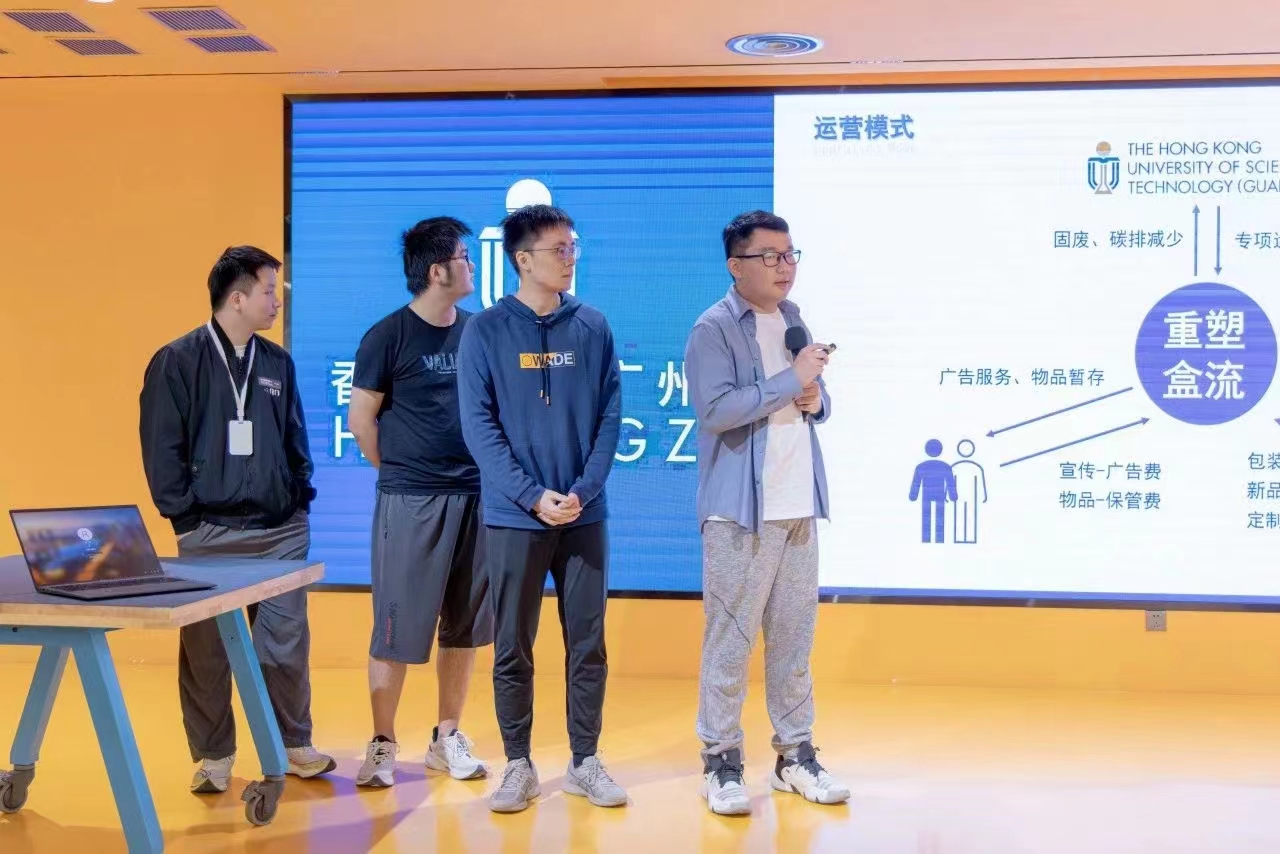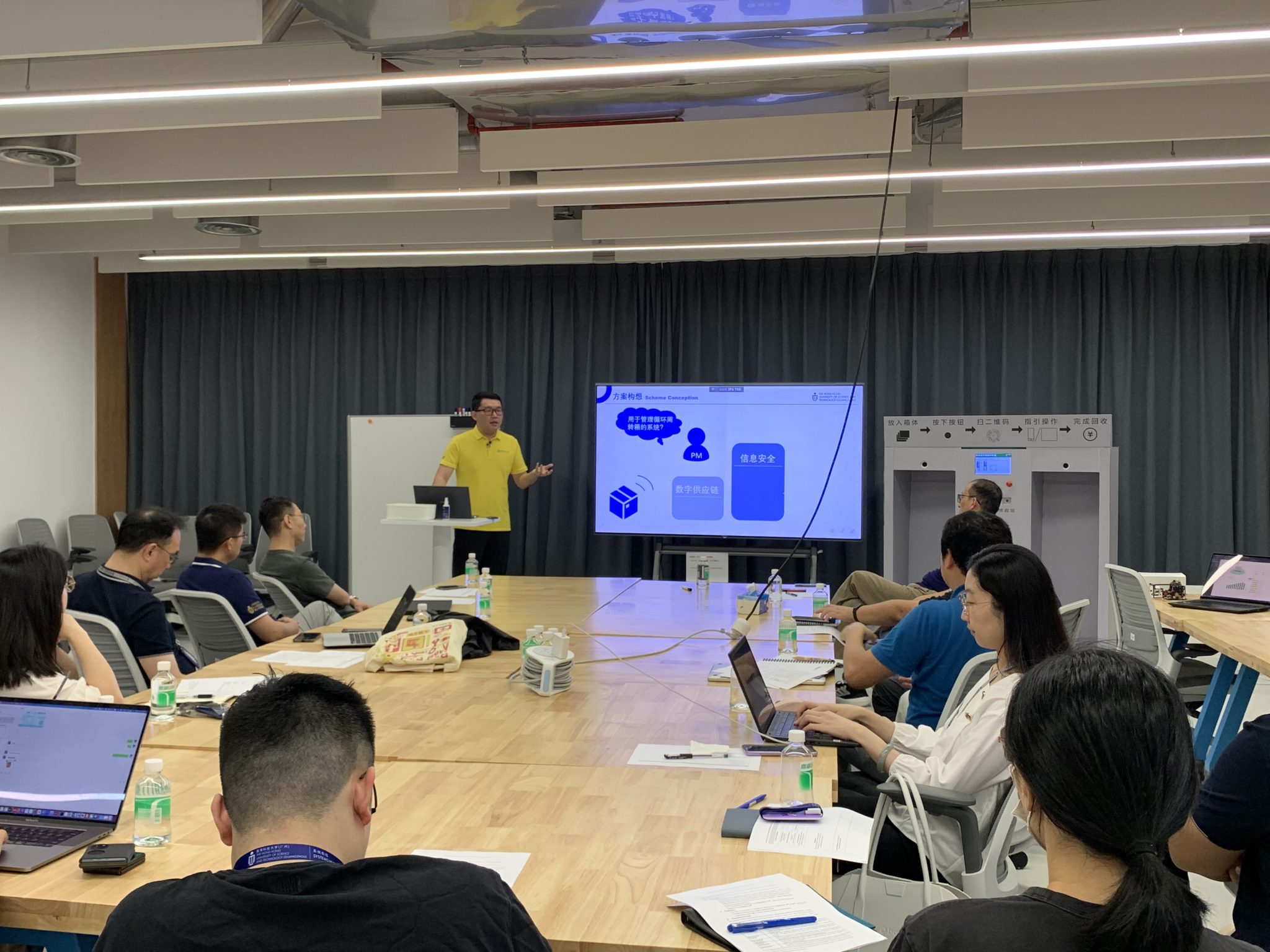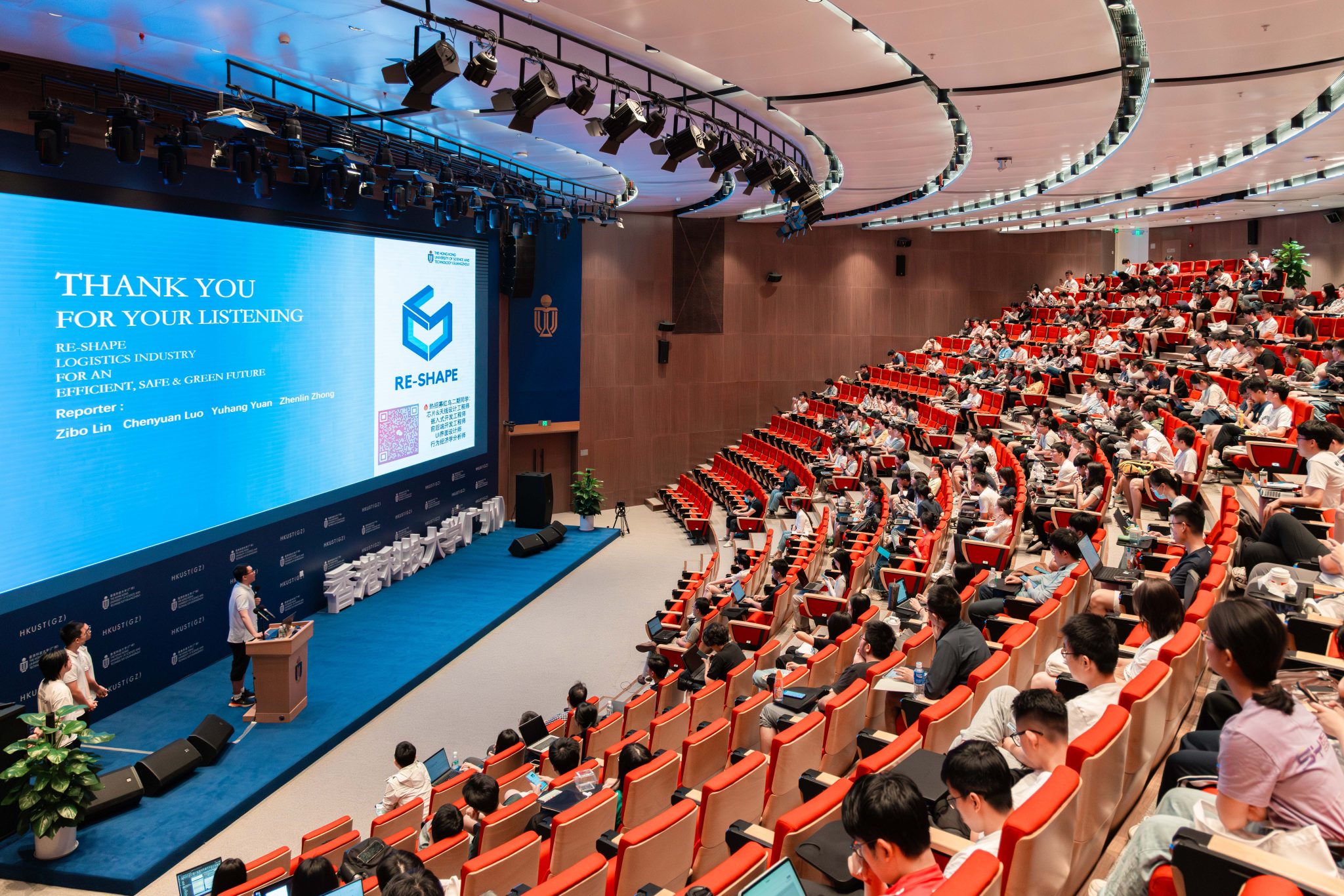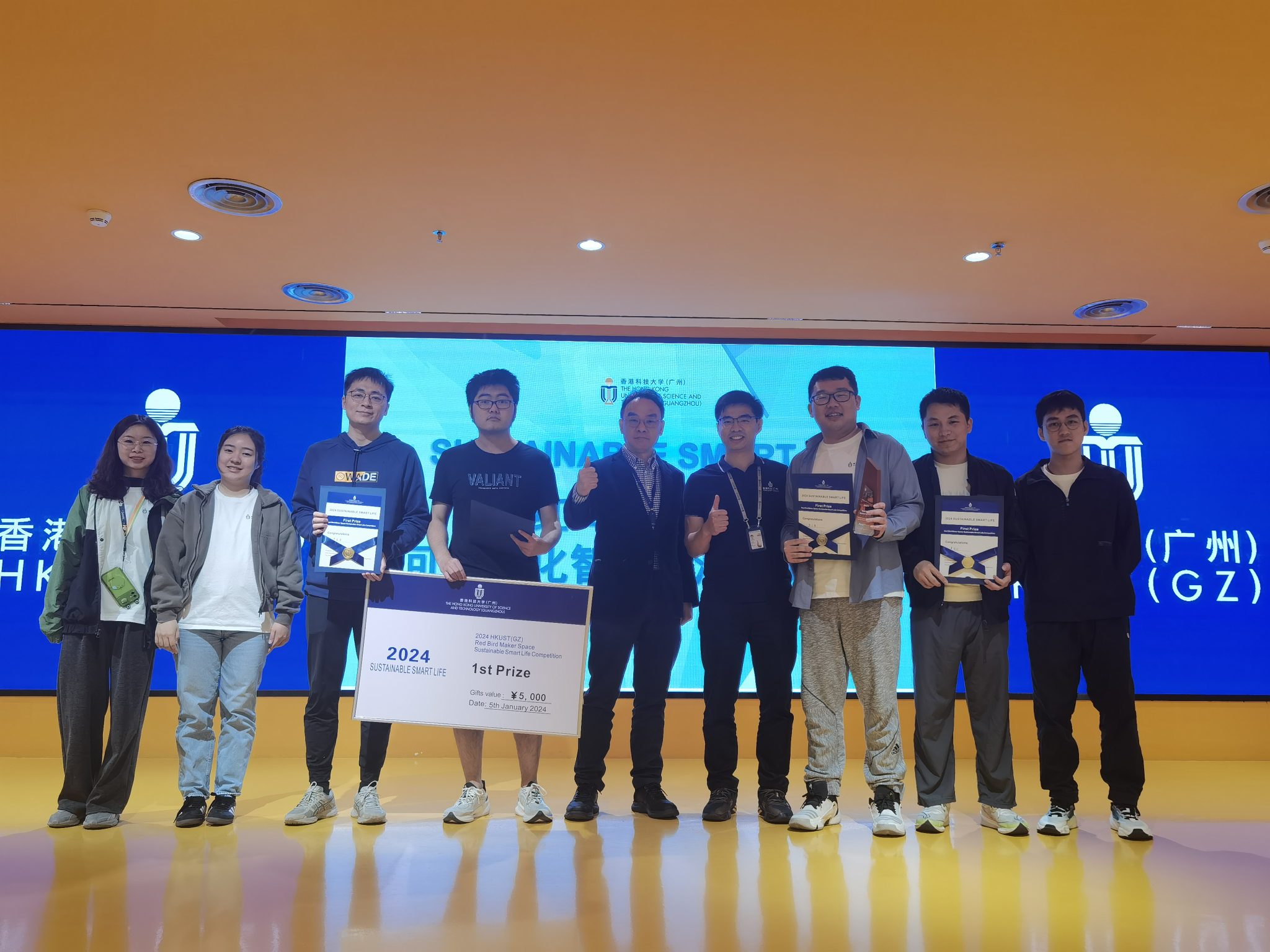Re-Shape
Project Team
Project Manager
Prof. Jingshen WU
SMMG
Project Supervisor
Dr. Ke XUE
RBM
RBM 1st Cohort
Academic Supervisor(s)
Team members
Zibo LIN, Yuhang YUAN, Chenyuan LUO, Zhenlin ZHONG
RBM 2nd Cohort
Academic Supervisor(s)
Team members
Minghao SHAO, Hongda HUANG, Linxue TONG
Project Summary
Background
The widespread application of disposable packaging such as corrugated cardboard boxes in logistics has greatly facilitated people's production and life. However, the large amount of packaging waste generated poses a challenge to the sustainable development of human society. In response to the current high economic cost and significant environmental impact of disposable logistics packaging, this project aims to achieve packaging reduction and greening in various logistics scenarios through recyclable digital logistics turnover boxes. It also aims to improve the efficiency of the logistics system by coupling RFID and other IoT technologies with big data analysis, thereby achieving the goal of cost reduction, carbon reduction, and efficiency enhancement.
Methods and Techonology
The project's initial aspiration is to offer a suite of eco-friendly and intelligent logistics packaging solutions to the industry. It is designed systematically and encompasses a comprehensive layout of key nodes across the entire industry chain, such as material modification, equipment manufacturing, chip design, and the establishment of logistics systems. The project aims to tackle each critical node with small teams of two to three members, facilitating a chain-like synergy of innovation.
Group Deliverables
Through preliminary division of labor and field research, the team designed and initially set up a smart packaging management system based on recyclable turnover boxes for the campus food delivery scenario, reducing the use of disposable plastic bags and enabling the circular use of delivery packaging. The project won the first prize in the Campus Sustainable Smart Living Competition and was highly praised by the judges.
In the various stages of project initiation discussions, field research, plan implementation, and project roadshows, students from different academic backgrounds actively engaged in discussions, generating many sparks of inspiration. Guided by the mentors of the project team and through the concerted efforts of the students, students with a background in business and social sciences have gained a clearer understanding of how to progressively implement a project through technology and design. Students with a background in science and engineering have also learned more about considering the costs of project implementation and the potential for future commercial value in the process.
